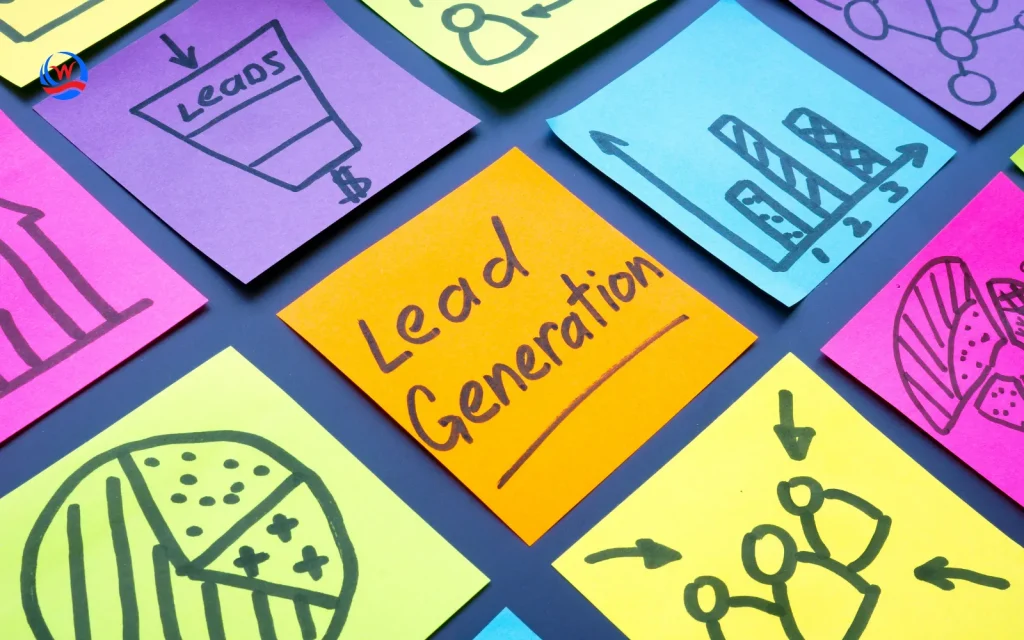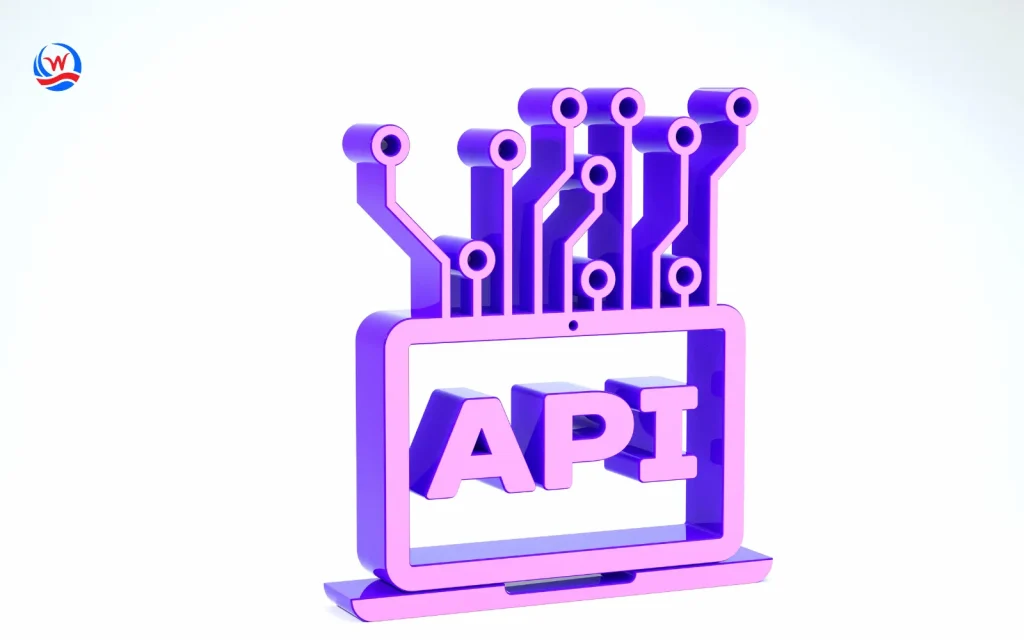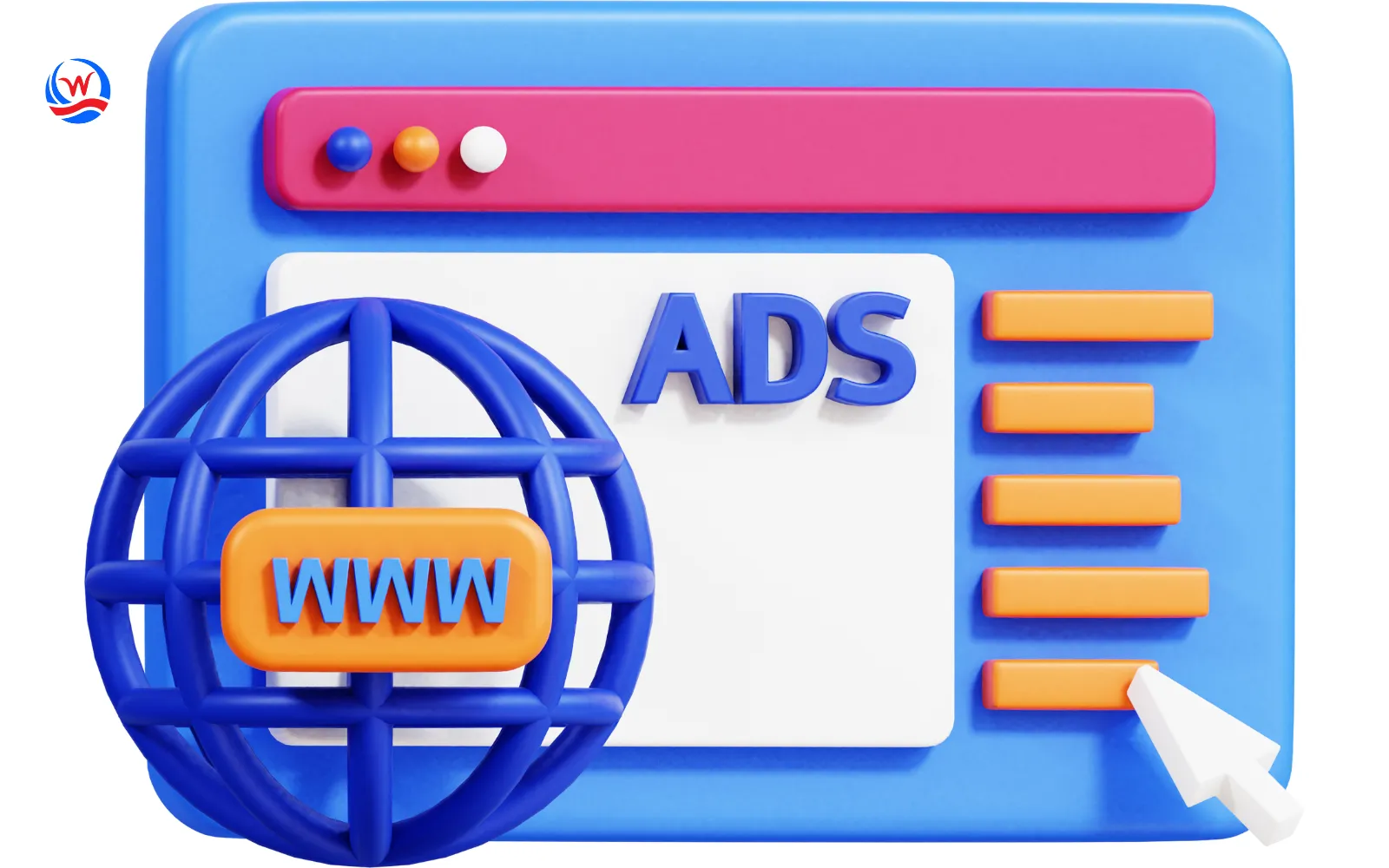Understanding Meta’s growing advertising landscape is essential for advertisers to connect with their potential customers in a meaningful way. The immersive nature of the Meta environment offers unique opportunities for advertisers to create more engaging, interactive, and personalized ad experiences. Within this, Facebook ad automation has emerged as a critical tool for advertisers, aiding in not only curating targeted, efficient, and highly engaging campaigns, but scaling them too. However, with these new opportunities come new challenges. Advertisers must learn to navigate through complex issues around privacy, data security, and the ethical use of technology. Advertisers also need to be proactive in understanding these issues to create strategies that are not only effective, but also respect user rights and privacy.
As we navigate the landscape of Meta, there’s several key themes to keep our pulse on in regard to opportunities and challenges. This article will highlight the areas to watch closely for maximum ROI of your allocated advertising budget, including:
- The continued rise of Meta platforms and their influence on the advertising industry, including the role of Facebook ad automation.
- Key emerging features and tools for significantly enhancing the efficiency and effectiveness of your campaigns
- The challenges that come with these new opportunities, including privacy, data security, and ethical use of technology.
- Why advertisers need to proactively understand and navigate these issues, thereby enabling the creation of advertising strategies that are both effective and respectful of user rights and privacy.
Meta’s new AI tools can enhance ad creative and must be supported by Facebook ad automation
Meta’s recent launch of its first generation of AI tools for ad creative is part of the overall industry trend of AI-assisted content generation. These tools, designed to curate ad text, suggest images, and offer performance insights, pave the way for more impactful advertising. By harnessing AI’s ability to sift through vast datasets, unearth trends, and drive intelligent decision-making, these tools empower advertisers to amplify campaign efficiency, broaden audience reach, and ultimately, increase their return on investment.
As recently noted by Eric Mayhew, its critical advertisers are putting value and control at the center of their AI strategy. Despite its advantages in ad production, AI algorithms may inadvertently overlook brand-safety guidelines when producing text variations— potentially leading to damaging repercussions for a company’s reputation. To achieve optimal scalability in operations, advertisers must embrace the powerful combination of artificial intelligence, brand safety protocols, and automation techniques. This winning formula ensures not only efficiency but also enhances the overall experience.
There’s also a growing trend amongst political advertisers to leverage automation and artificial intelligence to enhance and expand their campaigns during election years.
The use of AI, specifically, to tailor ad campaigns during election seasons can be a game-changer. Machine learning algorithms analyze massive amounts of data to predict and influence voter behavior, making them a powerful tool for political campaigns. By harnessing the power of automation, campaigns can address the multifaceted challenges posed by political advertising and scale with precision. Automated systems streamline the creation and dissemination of ads, ensuring both efficiency and accuracy.
Advertisers should know that leveraging Meta for the election year does require them to go through an authorization process before they can start deploying their campaigns. Both Instagram and Facebook have implemented policies requiring political advertisements to be clearly identified on their platforms. These policies aim to increase transparency and accountability, in response to concerns regarding misinformation. Advertisers must verify their identity and location, before they can run political ads. Once approved, their ads will carry a “paid for by” disclaimer, providing users with information about who is behind the ad.

Meta Advantage+ for turbocharging your lead generation efforts
In the latter part of 2023, Meta rolled out lead generation advertising tools for its Facebook and Instagram platforms. This included the launch of the Meta Advantage+ campaign, a potent lead generation tool designed to provide businesses an upper hand in the digital market space.
Utilizing Meta Advantage+ allows advertisers to tap into the extensive user base of social media platforms like Facebook and Instagram, facilitating targeted advertising to a wide and varied audience. This data-driven tool offers valuable insights into consumer habits and preferences, enabling the design of tailored and highly successful marketing campaigns. Meta Advantage+ also aids in transforming potential leads into customers by implementing a series of strategic, data-driven approaches—including personalized marketing campaigns, lead nurturing programs, and thorough follow-up strategies—leading to substantially improved conversion rates—a significant perk for businesses aiming to broaden their customer base.
Advertisers can use Advantage+ for lead generation by following these key steps:
- Identify your target audience: Start by defining who your potential customers are, based on their interests, age, location, and other demographic factors.
- Create engaging ad content: Design your ads to catch the attention of the viewers, using clear and concise messaging. Use high-quality images that showcase your products or services.
- Use call-to-action buttons: Guide your viewers to the next step by using clear call-to-action buttons like “Contact Us”, “Learn More”, or “Buy Now”.
- Measure your performance: Keep track of clicks, conversions, and other key performance indicators to understand the effectiveness of your ads.
- Adjust your strategy based on performance: Modify your ads based on the feedback and metrics you receive. Always test new strategies and constantly look for ways to improve your ads for better lead generation.

Meta’s CRM Integrations and Conversions API provides a robust foundation for managing your customer relations and tracking your performance metrics
A key development within this year’s digital landscape is Meta’s CRM Integrations and Conversions API. By integrating CRM data with Meta’s advertising ecosystem, advertisers can achieve a more holistic view of consumer behavior and interactions. This amalgamation of data points allows for more precise targeting, personalized advertisements, and comprehensive performance analysis. Equally significant is Meta’s Conversions API, which allows advertisers to directly send web, offline, and server events to Meta’s servers. This bypasses traditional cookie-based methods, ensuring a more accurate tracking and attribution of conversions, which is crucial in light of increasing privacy regulations and the phasing out of third-party cookies.
Embracing these integrations and APIs can significantly enhance the efficiency and effectiveness of your campaigns, providing a competitive edge in the rapidly evolving industry.




